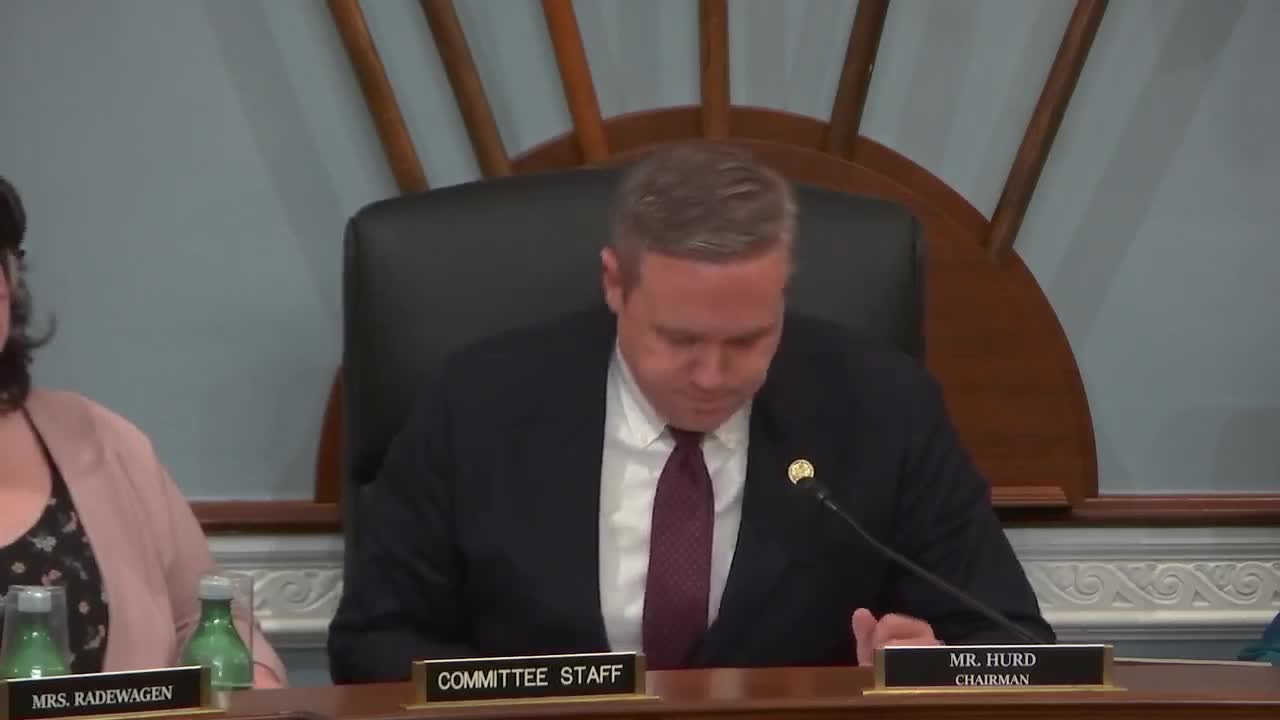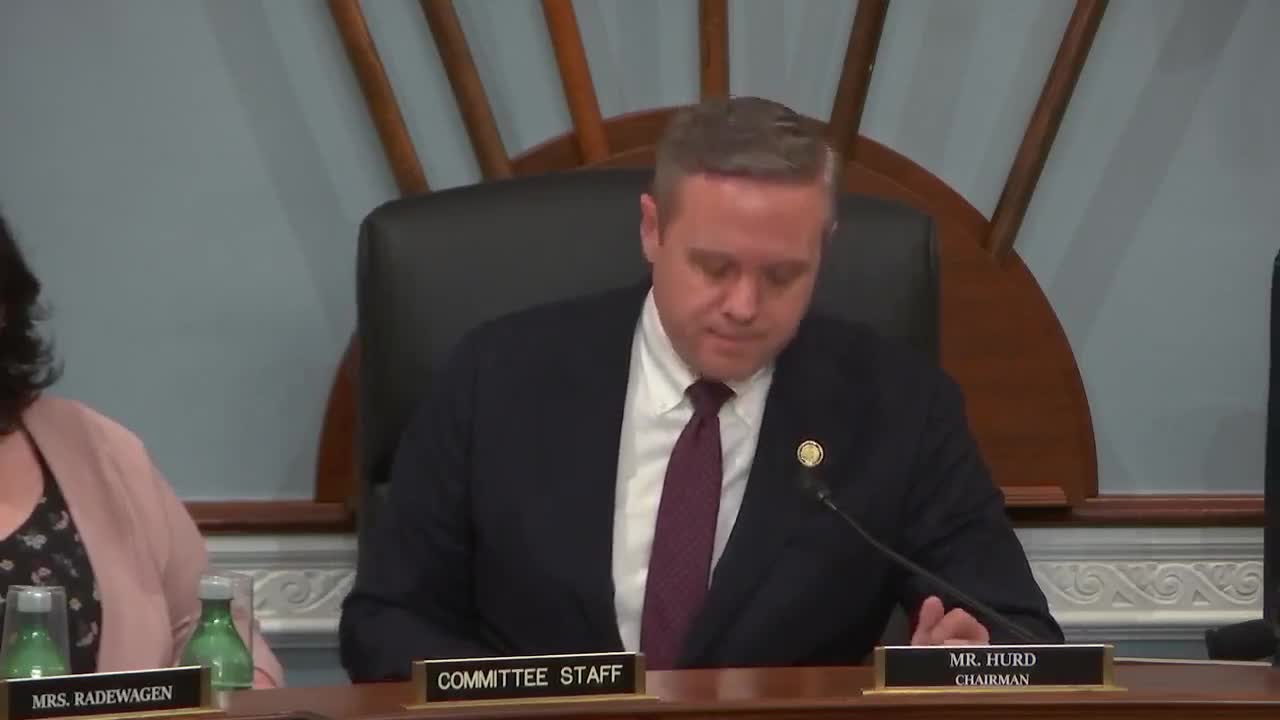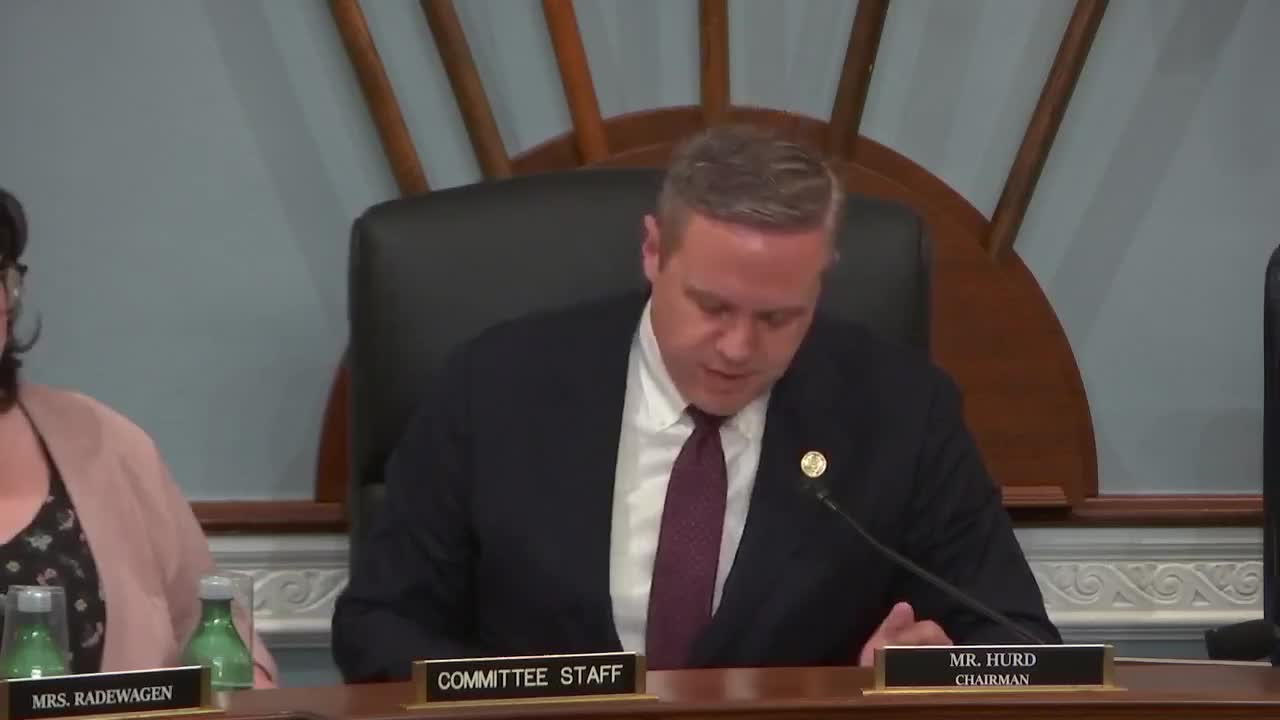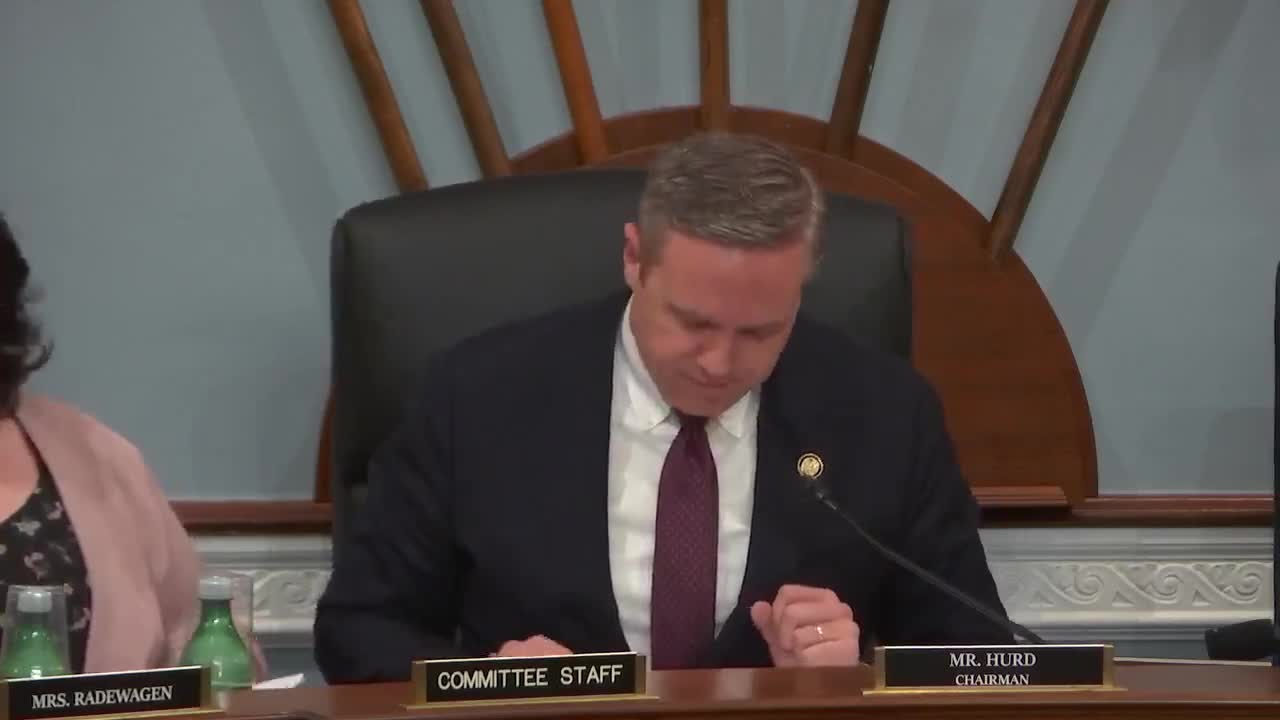Article not found
This article is no longer available. But don't worry—we've gathered other articles that discuss the same topic.

Witnesses back bill to create IHS graduate medical‑education office; HHS flags implementation questions

Bill would transfer federal land in Anchorage to Southcentral Foundation to build new behavioral‑health facility

Akwesasne Mohawk settlement bill would ratify pact returning thousands of acres and provide state benefits, witnesses say

